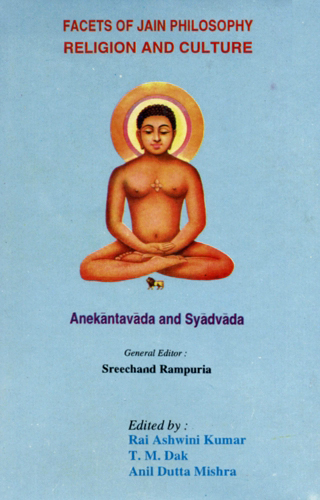The above four axioms are the foundations of non-absolutism. In the speculative period of Jaina philosophy this tetrad of axioms was fully exploited in the solution of logical problems. The growth and development of the episterrtological apparatus also did not detract from the importance of these basic axioms. It was always appreciated that the epistesiological apparatus itself needed the service of non-absolutism for its own systematic development. Non-absolutism, in fact, was a most comprehensive principle that determined the nature of Jaina thought in all its branches, social, ethical, psychological, ontological, metaphysical and the like. It was Ācārya Siddhasena with whom the application of non-absolutism to the various branches of Jaina thought started. After dealing with the nature of varieties of the valid sources of knowledge, Siddhasena added, at the end of his Nyāyāvatāra, an investigation into the nature of non-absolutism signifying its unavoidability in every such treatise. Akalaṅka, Vidyānanda, Haribhadra, Māṇikyanandi, Vādideva, Hemacandra and others also discussed the problem of valid knowledge in the light of non-absolutism. The principle of non-absolutism was not in the least adversely affected with the development of the science of logic and epistemology, but its importance was rathei enhanced as a criterion of the investigation of the nature of logico-epistemological tools. And as a result the concomitance of being and non-being, one and many etc. was gradually firmly established, and Jaina metaphysics developed with the growth of the logical thought.
There is, however, no reason to believe that these axioms of non-absolutism were not effective in the Āgamic period. Nor is it a valid assumption that these axioms were discovered in the period of philosophical speculations. The difference, if any, lay in the spheres of the application of these axioms in those two periods. In the Āgamic period, the principles were applied mainly in the field of ontology, while in the speculative age it was in demand for the synthesis of philosophical issues of all types.
 Acharya Mahaprajna
Acharya Mahaprajna
 Srichand Rampuria
Srichand Rampuria

